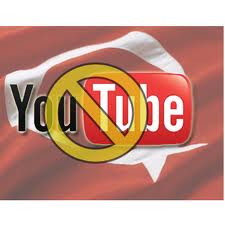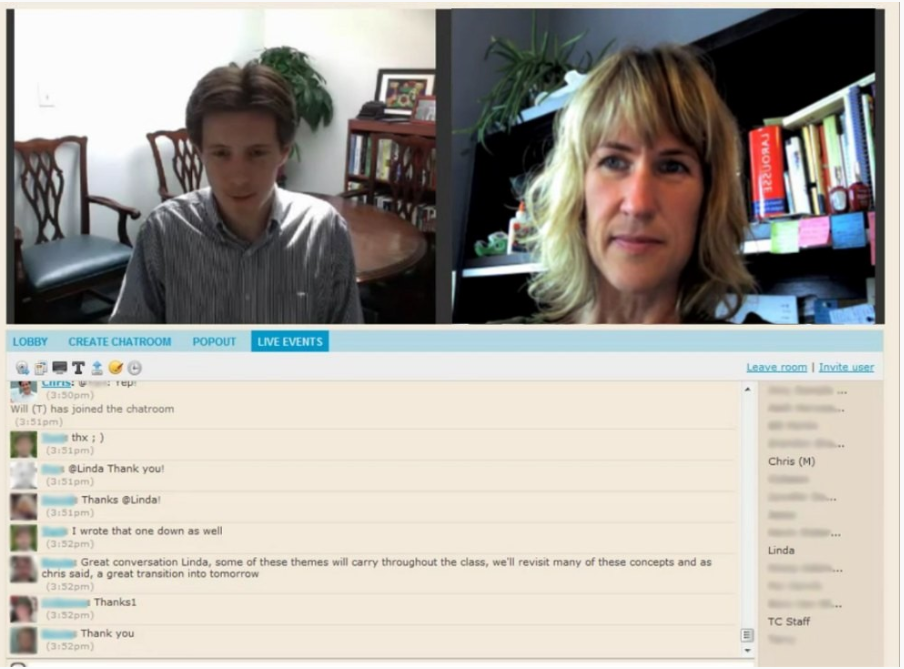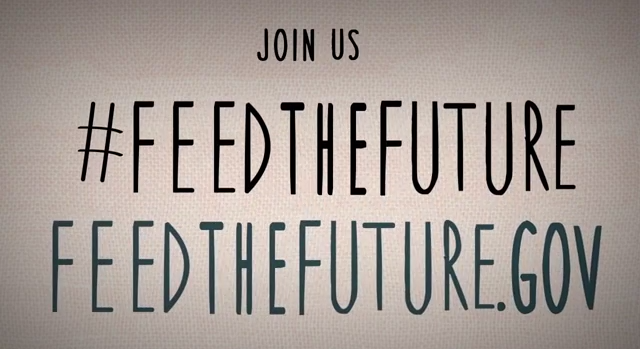Chad Hurley, co-founder of the video-sharing website YouTube, has recently stepped down from his position as CEO. And the Turkish court has stepped down from the Web 2.0 video-sharing website — all together.
 Formerly the audience, Web 2.0 users are now the participants. Formerly the consumers, Web 2.0 users are now the producers. In 2006, TIME magazine coined ‘You’ as person of the year. And one of the most prominent emergences of Web 2.0 is YouTube, the Google-owned video-sharing service that has “quickly grown into the world’s leading video community on the Internet.”
Formerly the audience, Web 2.0 users are now the participants. Formerly the consumers, Web 2.0 users are now the producers. In 2006, TIME magazine coined ‘You’ as person of the year. And one of the most prominent emergences of Web 2.0 is YouTube, the Google-owned video-sharing service that has “quickly grown into the world’s leading video community on the Internet.”
With one billion subscribers, YouTube’s enormous archive of uploaded videos cover everything from politics to entertainment — from revolutionary Tehranis protesting in the streets to the famous “Charlie bit my finger – Again!” home video.
Some tech-savvy world leaders use YouTube to communicate with their citizens — The Vatican leader Pope Benedict XVI, Jordanian Queen Rania of Jordan, President Ilham Aliyev of Azerbaijan, Canadian Prime Minister Stephen Harper, American President Barack Obama, Russian President Dmitry Medvedev, French President Nicolas Sarkozy and more — while others veer away from it all together.
A comment posted below The Globe and Mail article “Lights, camera, LOLcats: YouTube turns five,” published on April 25, 2010, reads: “YouTube is dying. The censors, lawyers and commercial concerns are taking over and destroying it. Five years from now, The Globe will run a “Remember YouTube?” article.”
And vanishing it is — again — in Turkey.
A country that has thousands of websites blocked, Turkey scores 122/175 on the Reporters Without Borders (RWB) Press Freedom Index of 2010.
“In May 2007, Turkey’s president signed Bill 5651 into law,” which would enable the “court to block any website where there was “sufficient suspicion” that a crime had occurred.” In addition to vulgar crimes of child pornography, gambling, prostitution, insulting ‘Turksihness’ and Atatürk is also illegal under Article 301 of Turkey’s penal code.
Between 2007 and 2008, YouTube was banned in Turkey, due to videos that insulted Mustafa Kemal Atatürk — ‘Father of the Turks’— founder and first President of the Republic of Turkey. According to RWB, “from March 2007 to June 2008, several courts had issued seventeen orders to block the website.”
The CyberLaw Blog article “At Least 6000 Websites Censored From Turkey,” published in 2009, gives further insights.
By November 2010, the Atatürk videos were again uploaded to YouTube, “but access to them was restricted in Turkey by YouTube itself due to an official request submitted by Turkey. Turkish officials demanded the videos be deleted, but YouTube refused.” The Techdirt blog further explains: “they lifted the ban because “they thought (incorrectly) that YouTube was willing to censor content on their behalf. But, that’s not the case, and the video was only taken down due to a bogus copyright claim.”
But soon after the ban was lifted, a separate court in Ankara reinstated a 30-month ban on YouTube, “deepening a dispute over online free expression in the European Union candidate country.” This ban — separate from the Atatürk motivated ban — came as a result of a video of former opposition chairman of the Republican People’s Party Deniz Baykal in a bedroom with a woman. The video frenzy led Baykal to quit.
From 2008 to 2010, Pakistan has also gone through spurts of social media blocking and unblocking, due to “growing sacrilegious content.” Because of the controversial Islamic Prophet Muhammad Danish cartoons, Pakistan banned YouTube in February 2008 — and then banned on Facebook in 2010 — in light of the controversial “Everybody Draw Prophet Mohammad Day.”
Turkey and Pakistan aside, controversy over YouTube surfaces in every corner of the globe, even on my Canadian turf. Constable Adam Josephs — “Officer Bubbles” — responded to a young female protester who blew bubbles toward he and a colleague at Toronto’s G20 Summit demonstrations with: “If a bubble touches me, you’re going to get arrested for assault.” In a defamation lawsuit, Josephs is now suing YouTube for $1.25 million over a series of cartoons that surfaced on YouTube — via anonymous Internet users — that “depict a policeman resembling the officer engaging in various acts of police abuse of power.”
Pictures may say a thousand words, but videos — especially home videos of live footage — say a thousand more. From Turkey to Pakistan to Canada — and everywhere else in between — YouTube brings an undeniable human element to the content it communicates. This makes the social media website so desirable for its everyday users, so daunting for its political enemies and so interesting for the topic of online media censorship.
Post Script:
After this article was written, it was brought to attention by personal sources that YouTube is available to some Internet users in Turkey.



